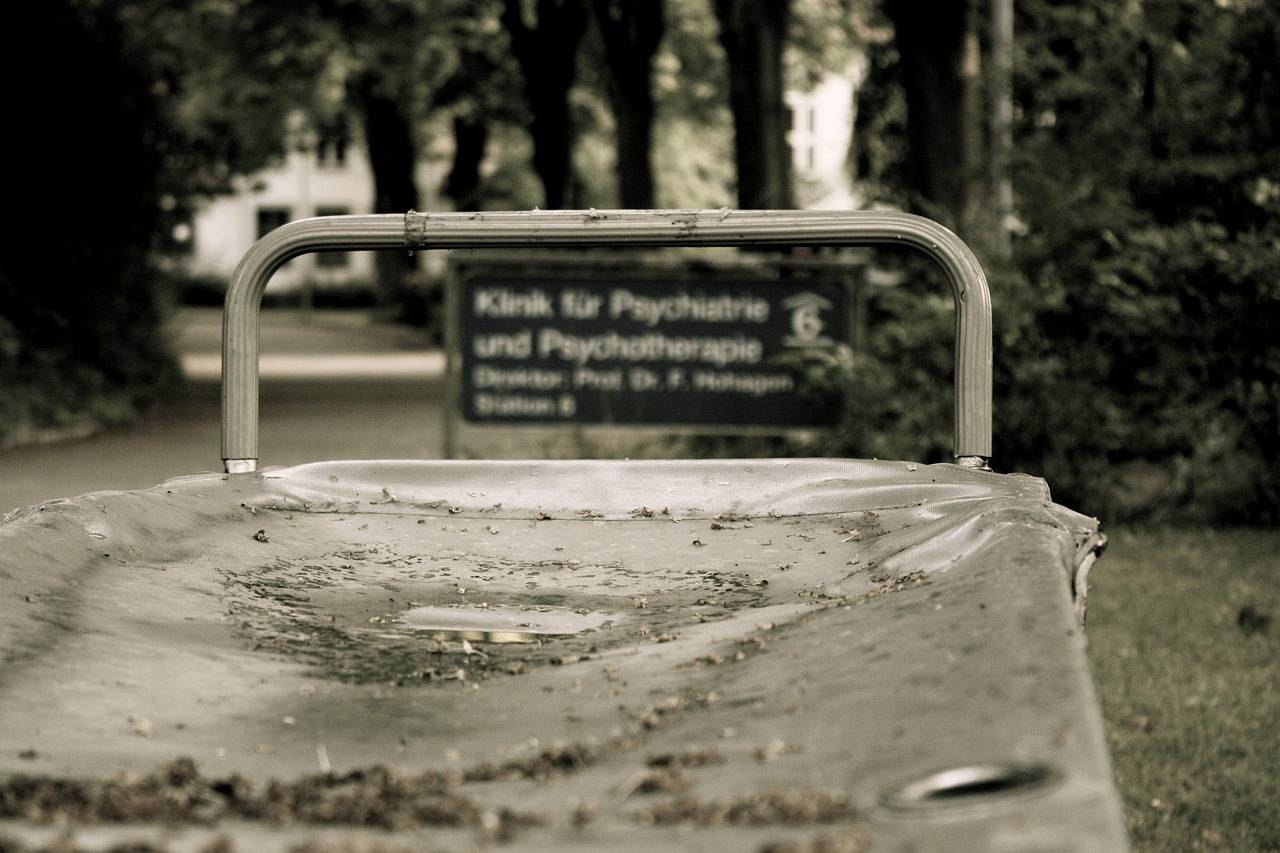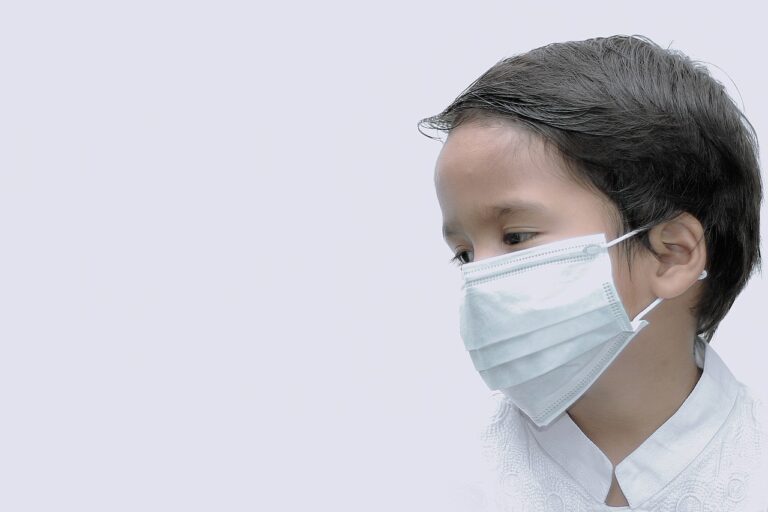Enhancing survivorship care for adolescent cancer survivors: Sky247login, 11xplay, Playexch 99
sky247login, 11xplay, playexch 99: Living with cancer is a tough battle at any age, but for adolescent survivors, the journey doesn’t end once treatment is over. Survivorship care is crucial for ensuring these young warriors can lead healthy and fulfilling lives post-treatment. However, there are still gaps in the care provided to adolescent cancer survivors, and it’s time to enhance survivorship care to meet their unique needs.
Adolescent cancer survivors face a unique set of challenges that differ from those of adult survivors. They are still in a stage of rapid growth and development, both physically and emotionally, which can be impacted by cancer treatments. As they transition from being under the care of pediatric oncologists to adult healthcare providers, they may face gaps in specialized care that address their specific needs.
1. Transitioning from pediatric to adult care
One of the key challenges adolescent cancer survivors face is the transition from pediatric to adult healthcare providers. Pediatric oncologists are trained to care for children and adolescents but may not have the expertise to provide specialized care for adult survivors. This transition can be daunting for survivors who are used to the familiar faces and routines of their pediatric oncology team.
2. Long-term effects of treatment
Many cancer treatments, such as chemotherapy and radiation, can have long-term effects on adolescent survivors. These effects may include infertility, cognitive impairments, and an increased risk of secondary cancers. It’s essential for survivorship care to address these long-term effects and provide resources and support to help survivors manage them.
3. Mental health support
Surviving cancer as an adolescent can take a toll on mental health. Survivors may struggle with anxiety, depression, PTSD, and survivor’s guilt. It’s crucial for survivorship care to include mental health support services to help survivors navigate their emotions and cope with the psychological impact of their cancer experience.
4. Education and vocational support
Adolescent cancer survivors may face challenges in continuing their education or entering the workforce due to their cancer experience. Survivorship care should include resources and support to help survivors achieve their educational and vocational goals. This may include tutoring services, career counseling, and assistance with college or job applications.
5. Peer support and social connections
Feeling isolated or different from their peers is a common experience for adolescent cancer survivors. Survivorship care should provide opportunities for survivors to connect with others who have gone through similar experiences. Peer support groups, social events, and online communities can help survivors feel less alone and build relationships with others who understand what they’ve been through.
6. Healthy lifestyle interventions
Adolescent cancer survivors may be at higher risk for certain health conditions, such as obesity, cardiovascular disease, and metabolic syndrome, due to their cancer treatments. Survivorship care should include interventions to promote a healthy lifestyle, such as nutrition counseling, exercise programs, and smoking cessation support, to help survivors reduce their risk of developing these conditions.
In conclusion, enhancing survivorship care for adolescent cancer survivors is essential to help them thrive in their post-treatment lives. By addressing the unique needs of adolescent survivors through specialized care, resources, and support, we can empower these young warriors to live healthy and fulfilling lives beyond cancer.
FAQs:
Q: How long should adolescent cancer survivors receive survivorship care?
A: Survivorship care for adolescent cancer survivors should ideally continue throughout their lives, as they may face long-term effects of treatment that require ongoing monitoring and support.
Q: Can adolescent cancer survivors participate in clinical trials for survivorship care?
A: Yes, adolescent cancer survivors can participate in clinical trials for survivorship care to help improve outcomes and quality of life for survivors in the future.
Q: How can parents support adolescent cancer survivors in their survivorship care?
A: Parents can support adolescent cancer survivors by advocating for their needs, helping them navigate the healthcare system, and providing emotional support throughout their survivorship journey.







